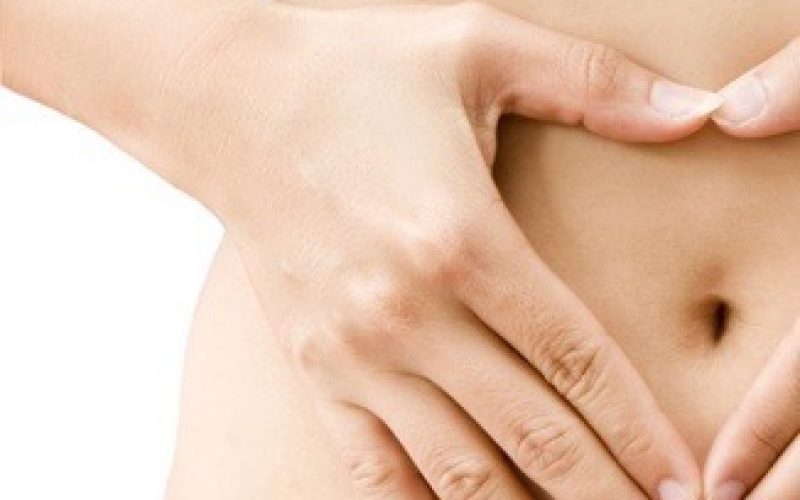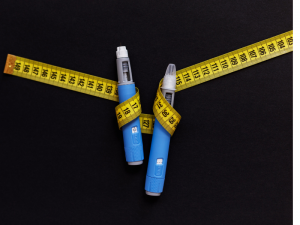You may already know that probiotics are beneficial for gut health, but research now suggests that “good” bacteria may have other health benefits.
What Are Probiotics?
Probiotics are “good bacteria” or live microorganisms that line your digestive tract, help your digestive organs function optimally. Gut bacteria is also known as gut microbiota; it supports our body’s ability to fight infections and absorb nutrients; ten times more probiotics in the gut than cells in our bacteria are needed for health.
Did you know the gut is our second brain?

80% of our entire immune system is in our digestive tract, making our digestive tracts critical to health. More, our digestive systems contain the second largest part of our neurological system, the enteric nervous system; therefore, it’s called our second brain!
Probiotics have been at the forefront of digestive health studies for a while, increasing evidence to support the theory that these “good bugs” may do more for us than solely aid digestion. These new studies have resulted in more health professionals such as doctors, osteopaths and physiotherapists recommending probiotics to their patients.
Nutritionists have known for some time that probiotics may help support immunity and assist in weight management. Recent TV programmes have discussed they are used to aid sleep, improve mood and manage diabetes.
Good gut bacteria also responsible for:
- Producing vitamin B12, and vitamin K2
- Creating enzymes that destroy harmful bacteria
- Stimulating secretion of IgA and regulatory T-cells, which help our defence systems
- By adding more probiotic foods into your diet, you could see all the following benefits:
- Stronger immune system
- Improved digestion
- Increased energy via the production of vitamin B12
- Better breath because probiotics destroy candida
- Healthier skin, since probiotics naturally treat eczema and psoriasis
- Reduced cold and flu
- Healing from leaky gut syndrome and inflammatory bowel disease
- Weight loss
Gut and brain connection
As mentioned earlier, there is now evidence that shows gut health and brain health are inextricably linked. What you eat and ingest and how ‘healthy’ your gut can be directly related to many neurological disorders, such as depression. Research has shown an improvement in mood after just taking a four weeks supply of probiotics.
Probiotics and sleep
Taking an excellent quality multi-strain probiotic could boost the production of the hormones that help sleep. The gut is principally responsible for producing the ‘happy’ hormone serotonin and melatonin, which helps us relax and helps with sleep.
Digestive health
Here’s the scoop on the latest probiotic research.
IBS
Probiotics may help to reduce bloating and flatulence in some people with IBS. Probiotics won’t work for everyone with IBS, but if you want to try them, the National Institute for Health and Care Excellence (NICE) suggests taking them for at least four weeks, at a dose recommended by the manufacturer.
Lactose intolerant
This is a common digestive problem in which the body cannot digest lactose (a type of sugar found mainly in milk and dairy products). Some studies have found that certain probiotics, such as Lactobacillus acidophilus, may help to reduce the symptoms of lactose intolerance, including stomach cramps, flatulence and diarrhoea. Research into this is ongoing. In the meantime, if you are lactose intolerant, you may wish to try probiotic preparations (not yoghurts) to see if they help.
Ulcerative colitis (pouchitis)
Some people with ulcerative colitis need to have part of their bowel removed and a loop of bowel constructed in its place. This loop, or pouch, can sometimes become inflamed, leading to diarrhoea and other problems. Small studies have shown that adding sachets of a specialist probiotic preparation called can help treat ulcerative colitis. However, before recommending this as an effective treatment, more research is needed. Do speak with your doctor or specialist if this applies to you.
What causes gut flora imbalance
Most people, including children, may need a probiotic boost because of prescription medication, particularly antibiotics. High-carbohydrate diets can also lead to a gut flora imbalance. There is also debate over the effects of non-organic meat and dairy that may contain antibiotic residues.
You may benefit from probiotics if you have taken or consume the following;
- Prescription antibiotics
- Sugar
- Grains
- Emotional stress
- Hormones imbalance
- Chemicals and medications

Easy steps to get more probiotics
Eat More Sour Foods, like apple cider vinegar, specifically, and fermented vegetables.
Consume More Probiotic-Rich Foods
- Yoghurt
- Sauerkraut
- Miso
- Kimchi
- Kefir
- Coconut Kefir
- Natto
- Kvas
- Kombucha
- Raw Cheese


Feed the Probiotics in your system. Getting good, the high-quality fibre in your diet can cause probiotics to increase in your body. The best type of fibre is soluble fibre. Chia seeds are an excellent source, as are flaxseeds; just adding either to your breakfast smoothie would be easy. Fruits and vegetables are a great option, too, especially sweet potatoes or apples.

Probiotic supplements
Last but not least, taking a quality probiotic supplement is an excellent way to get more probiotics in your body. Most people need a 4 – 12-week course to restore gut flora, so be patient.
While probiotics are an excellent idea for digestion health, this recent evidence shows incredible additional effects on our health. If you would read more, see below for links to research papers.
References
http://www.gastrojournal.org/article/S0016-5085(13)00292-8/abstract?referrer=http:%2F%2Fwww.nutraingredients-usa.com%2FResearch%2FA-big-step-forward-Probiotics-may-alter-brain-activity-in-healthy-people-says-Danone-UCLA-data
https://www.ncbi.nlm.nih.gov/pmc/articles/PMC4370913/
https://www.sciencedaily.com/releases/2017/02/170225102123.htm
Please note: This is for guidance only; it should not be regarded as a substitute for medical advice, examination or treatment given in person by an appropriately trained health professional.
SaveSave







